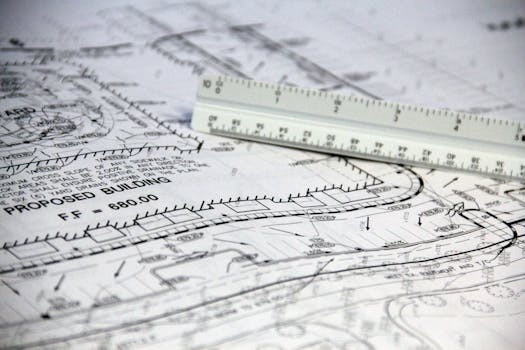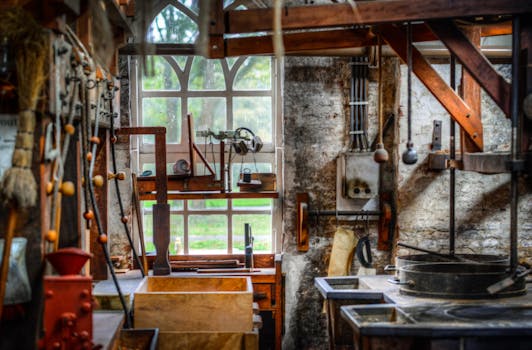You could take a foundation degree, higher national diploma or degree in:
- building studies
- construction management
- surveying
- civil engineering
- construction engineering
Degrees that offer the chance to gain work experience through a year in industry placement or paid internship may give you an advantage when looking for work.
Entry requirements
You'll usually need:
- 1 or 2 A levels, or equivalent, for a foundation degree or higher national diploma
- 2 to 3 A levels, or equivalent, for a degree








